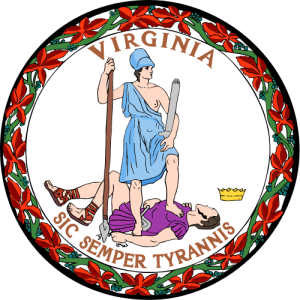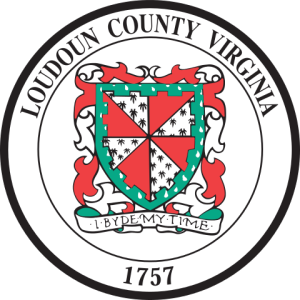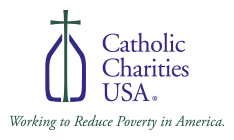
Article XII, Section 1, of the Constitution of Virginia establishes a process for amending the constitution. The state Senate or the House of Delegates proposes amendments and, after having been passed through both houses, they are then presented to the voters for approval. Once approved by the voters, the state constitution is amended as specified, and that change can only be reversed by repeating the amendment process.
Citizens of Virginia will be voting on two constitutional amendments in this year’s November election, each of which would change or add text to the Constitution of Virginia.
Question 1: Flooding Tax Amendment
To exempt certain properties from local property taxes, the Constitution of Virginia must be amended to permit that exemption, and then the Virginia General Assembly must pass legislation to enact it. Many such exemption authorities have been added to the state constitution in the past . . . five times since Off on a Tangent began making political endorsements.
This year, yet another such exemption is on the ballot. This one would allow for partial exemptions for properties subject to flooding if the owners of the property make substantial improvements to the property to mitigate future flooding.




